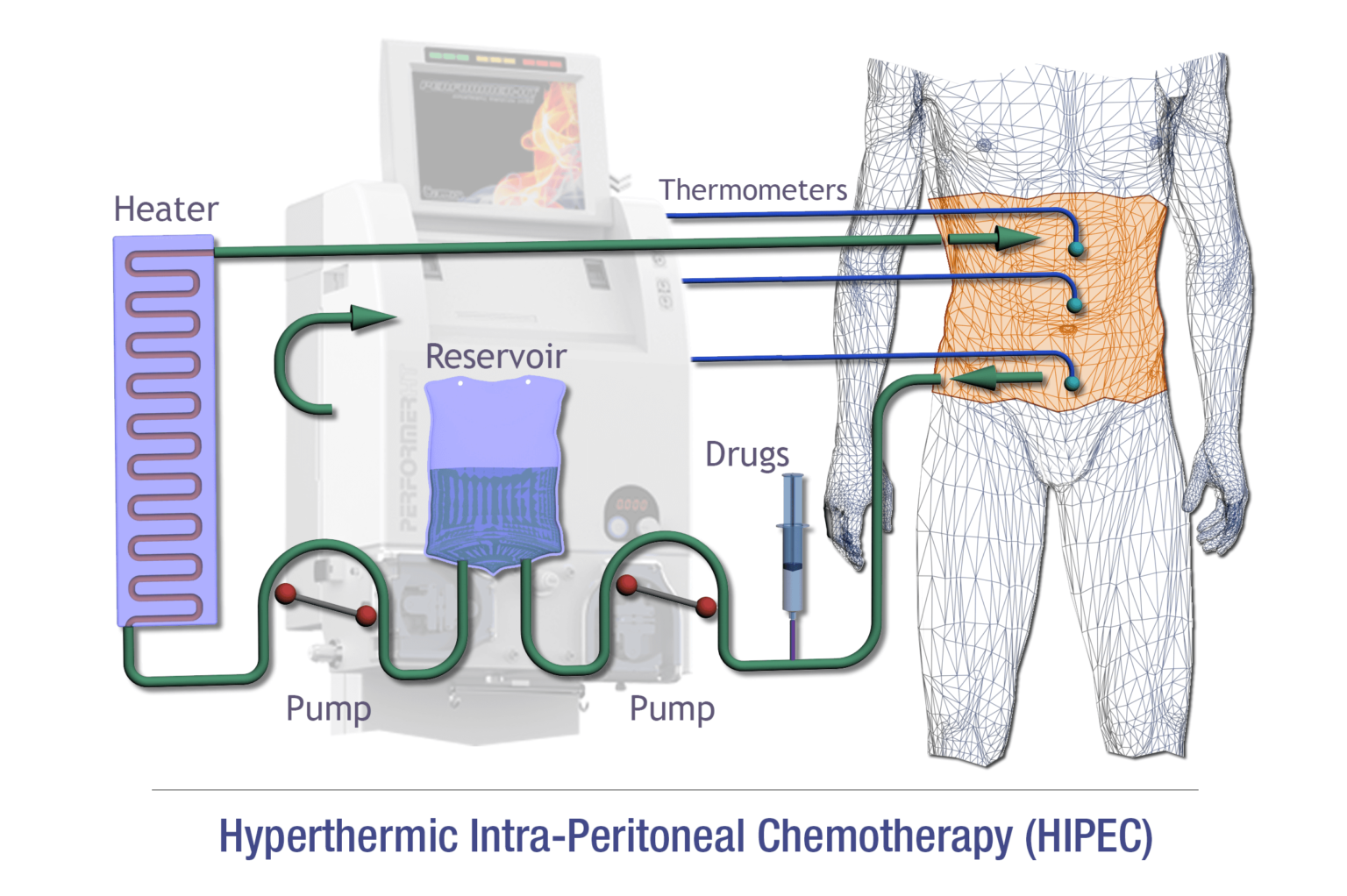- Home
- About Us
- Treatment
- Procedures
- Breast Lumpectomy
- Modified Radical Mastectomy
- Axillary Lymph Node Dissection
- Breast Conservation Surgery
- Local Oncoplasty
- Sentinel lymph node biopsy
- Radioguided occult lesion localization
- Wire Guided lesion localization
- Breast Reconstruction Post Mastectomy
- Radical Hysterectomy
- Pelvic Lymph Node Dissection
- Paraaortic Lymphadenectomy
- HIPEC
- Cytoreductive Surgery
- Total Peritonectomy
- Blog
- Social




